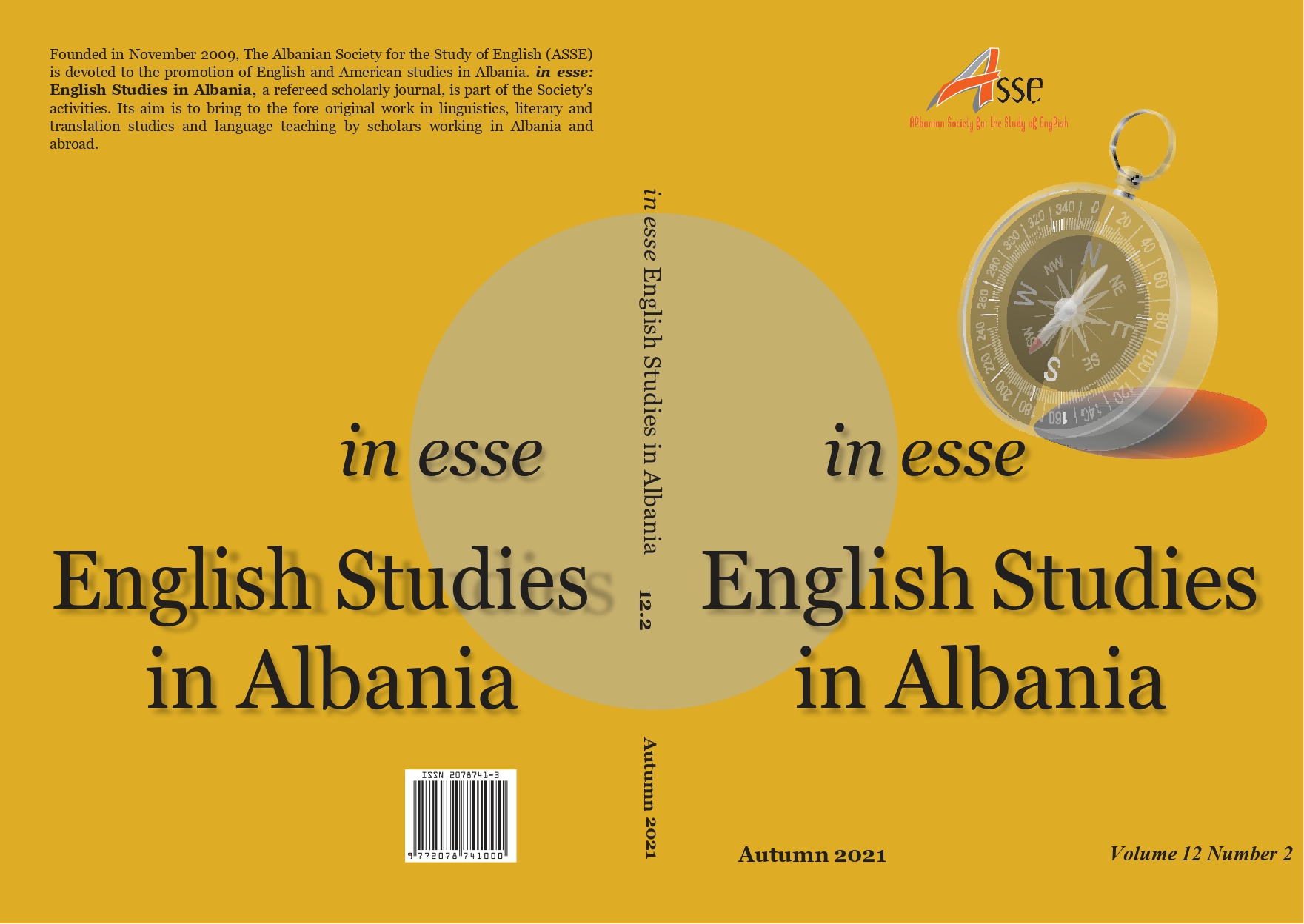A taste of home: Immigrant food spaces in Monica Ali’s Brick Lane and In the Kitchen
A taste of home: Immigrant food spaces in Monica Ali’s Brick Lane and In the Kitchen
Author(s): Silvia BaučekováSubject(s): British Literature
Published by: Albanian Society for the Study of English
Keywords: immigration; globalization; food spaces; Monica Ali; contemporary British novel;
Summary/Abstract: In his book Non-Places: Introduction to an Anthropology of Supermodernity (1995), Marc Augé notes that places inhabited by indigenous people “have at least three characteristics in common. They want to be—people want them to be—places of identity, of relations and of history” (52). However, in a global world, access to these ancestral places is often lost. Immigrants frequently find themselves in what Augé calls non-places: in transit, in temporary spaces, in generic, hostile, or alien environments. In this paper, I look at how everyday spaces are occupied by immigrant characters in two novels by the Bangladeshi-British author Monica Ali, Brick Lane (2003) and In the Kitchen (2009). Taking as a starting point Michel de Certeau’s understanding of everyday activities as possible vehicles of empowerment and resistance, I examine how domestic food spaces, and the activities performed in them, help foster a sense of belonging and community. I also explore the paradoxical nature of public food spaces, which, while providing the immigrant characters with jobs and serving as sites of community building, also contribute to their social exclusion and isolation. Finally, I explore how Ali uses (immigrant) food spaces in her novels to add a sense of locality to the global metropolis that is contemporary London.
Journal: in esse: English Studies in Albania
- Issue Year: 12/2021
- Issue No: 2
- Page Range: 5-20
- Page Count: 16
- Language: English

